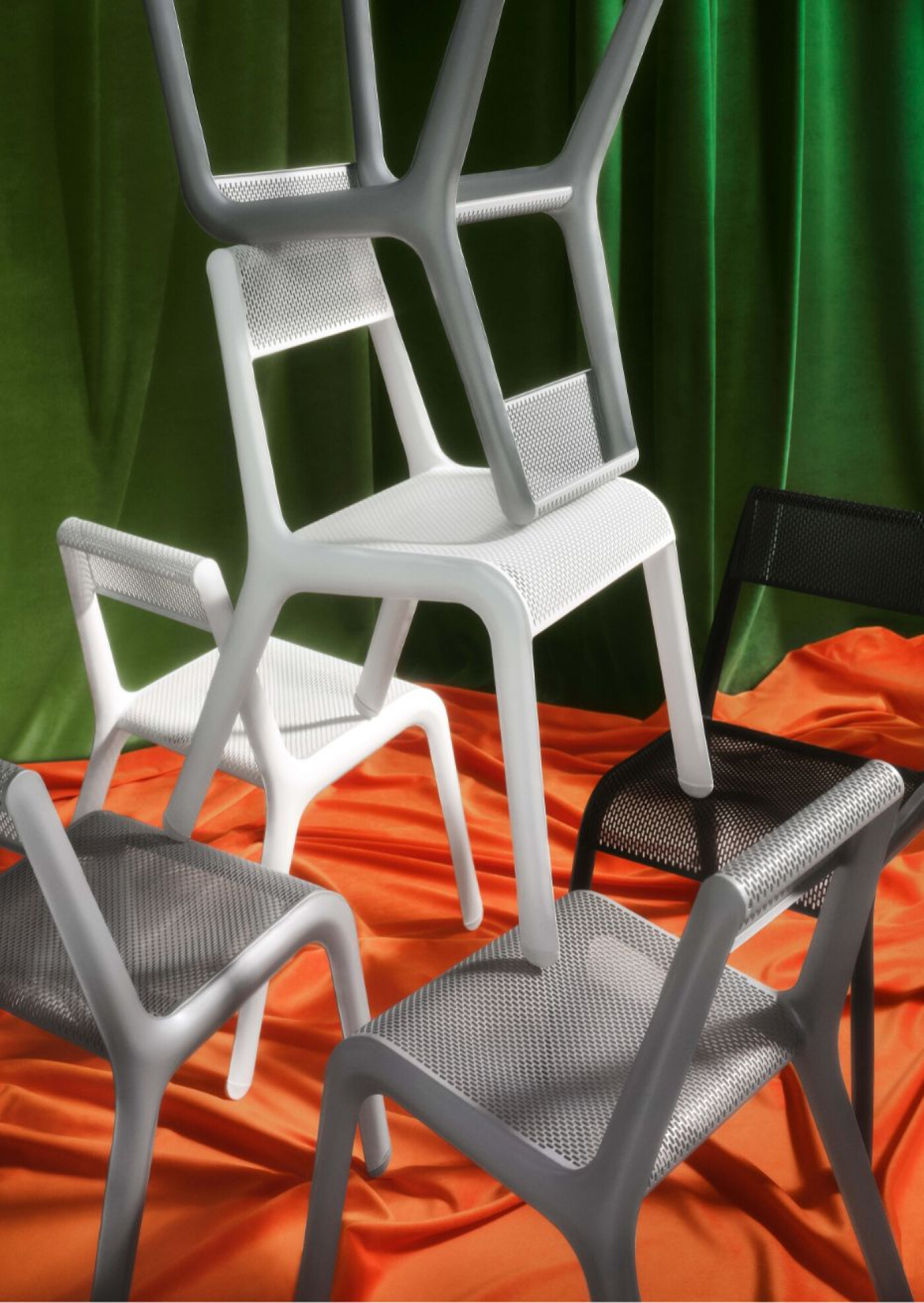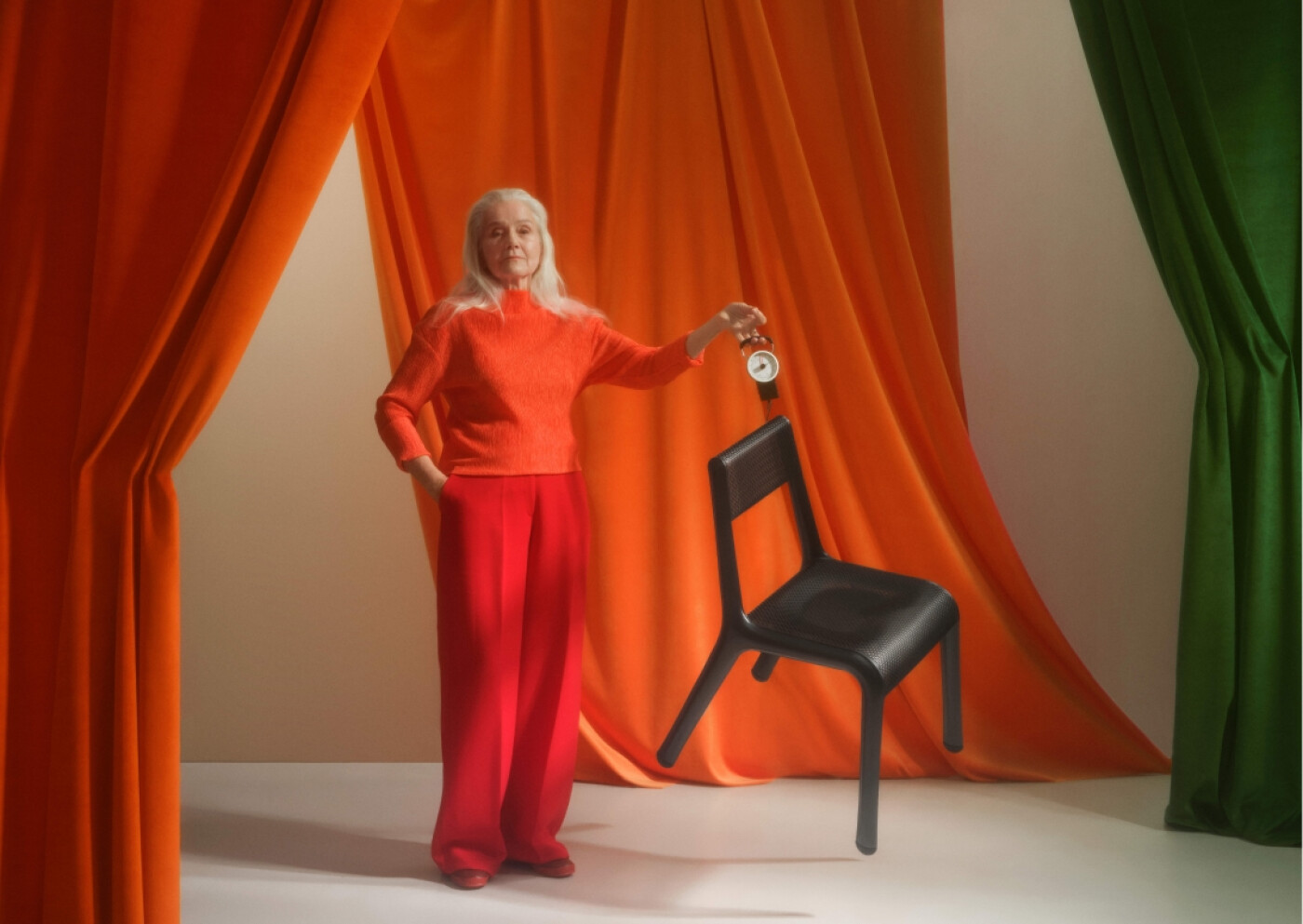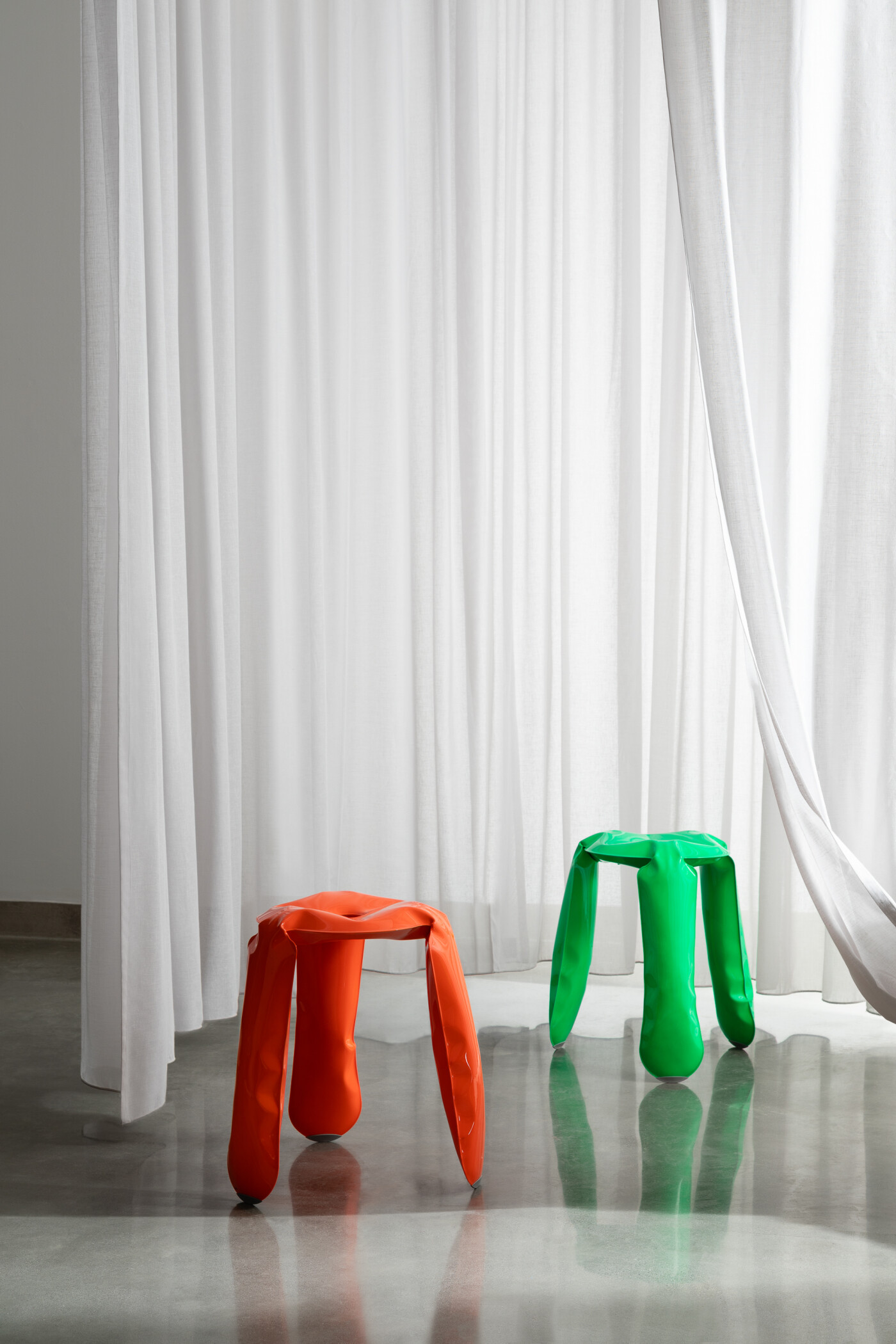
Ultraleggera Stool zdjęcie: Weronika Trojanowska

Ultraleggera Stool zdjęcie: Weronika Trojanowska
Studies in ultralightness

Ultraleggera Chair zdjęcie: Wunderkamera Studio - Ernest Wińczyk
Less is less—we mean it


Ultraleggera Chair zdjęcie: Wunderkamera Studio - Ernest Wińczyk
For generations to come

Plopp zdjęcie: Weronika Trojanowska
Salone del Mobile | Fierra Milano | Zieta Studio | Hall 6 | Stand E37

Plopp zdjęcie: Courtesy of Maison Joseph










.jpg)